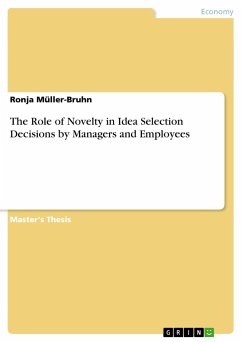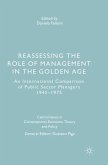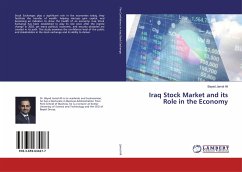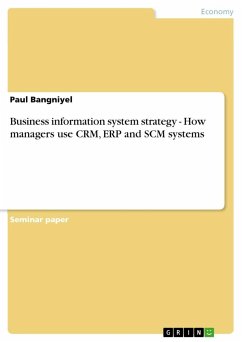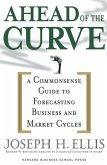Master's Thesis from the year 2013 in the subject Economics - Innovation economics, grade: A, Vienna University of Economics and Business (Professional MBA of Innovation & Entrepreneurship), language: English, abstract: Selection amongst proposed innovation projects is crucial to invest and allocate resourcesin the most beneficiary and profitable way. In early phases of an innovation process, ideasor concepts are presented to decision-makers, who have to make investment decisions. Inorder to evaluate those ideas, criteria such as novelty, feasibility or user benefit have beenused earlier to structure the idea evaluation process in order to substantiate idea selectionand investment decisions. Previous studies in the scientific environment have found asystematic penalty for novelty during the idea evaluation process. This study investigateswhether such a negative bias against novel project proposals can be confirmed in thecontext of an innovation team competition in the industry environment. The results,however, indicated that novelty had a positive impact on the investment decision of boththe managers and the employees who evaluated the ideas. Therefore no negative noveltybias could be confirmed within the current study. The idea evaluations in terms ofnovelty, feasibility and user benefit were very consistent between manager and employees.Several distinct interaction effects between novelty, feasibility and user benefit werefound. Furthermore, evaluators applied different evaluation patterns for different type ofideas. When favorite ideas were chosen by managers, both novelty and feasibilitypreferences of individual raters were observed. The study showed distinct idea evaluationpatterns in the industrial setting, demonstrating that contextual conditions matter.
Hinweis: Dieser Artikel kann nur an eine deutsche Lieferadresse ausgeliefert werden.
Hinweis: Dieser Artikel kann nur an eine deutsche Lieferadresse ausgeliefert werden.

